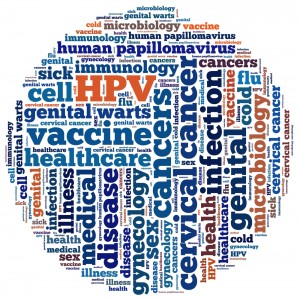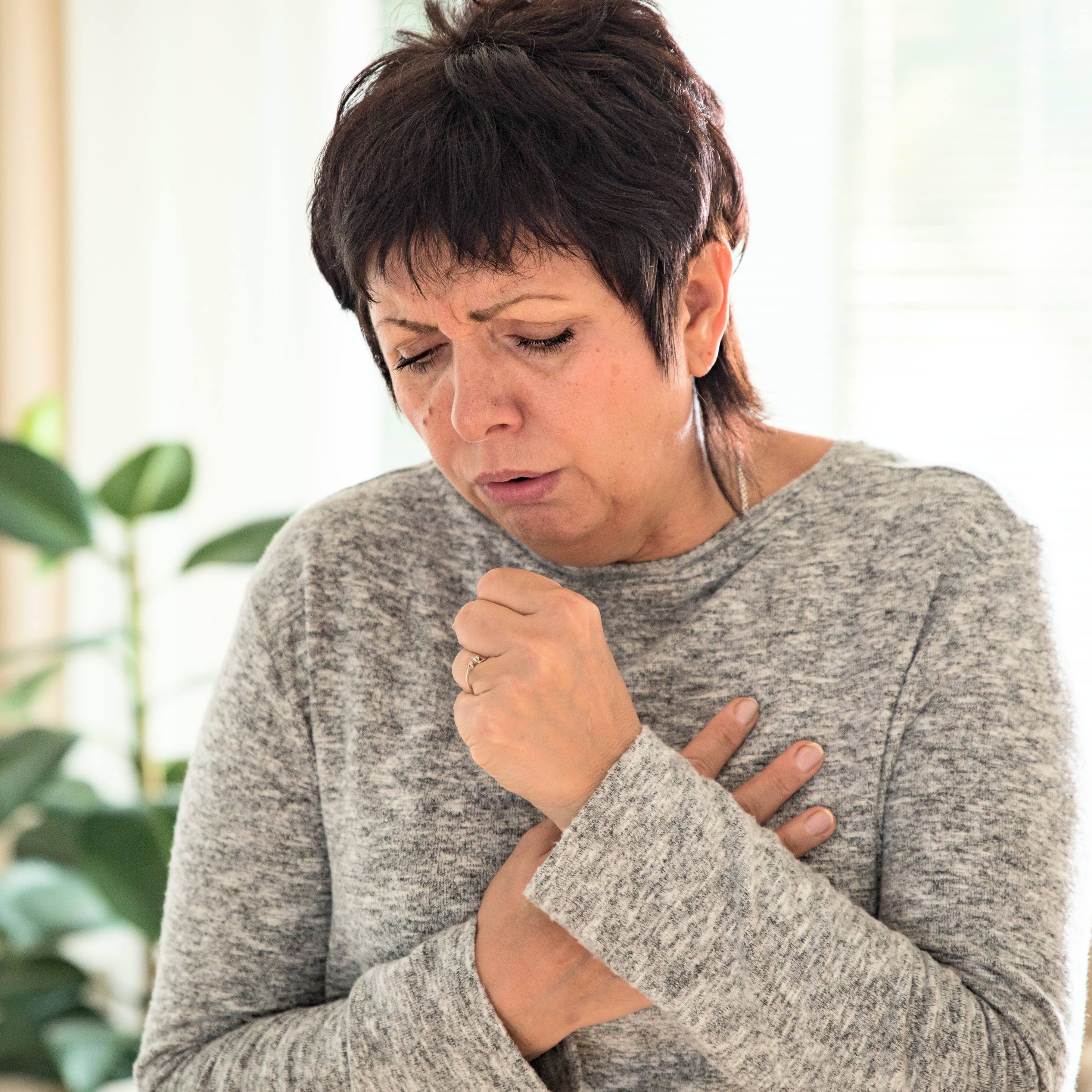-
Cancer
Parental Perceptions are Preventing HPV Vaccination Success
A Mayo Clinic physician and two other pediatric experts say that parental perceptions pose a major barrier to acceptance of human papillomavirus (HPV) vaccination — and that many of those perceptions are wrong. Their comments are published in the September issue of Expert Review of Clinical Immunology, in an editorial on why HPV vaccination rates remain poor.
“The greatest misperception of parents is that the HPV vaccine isn’t needed,” says Mayo Clinic’s Robert Jacobson, M.D., lead author of the editorial. “Not only is that wrong, it’s a dangerous idea to be spreading around. Recent figures show that at least 12,000 unvaccinated women develop cervical cancer from HPV every year.” Other incorrect perceptions: The HPV vaccines are not safe, and they are given to children when they are too young.
Journalists: Sound bites with Dr. Jacobson and b-roll are available in the downloads. To read the full news release click here.
What physicians should do:
Overcoming these parental perceptions will take more than what physicians are doing now, the authors say. Traditional attempts to provide information are not enough. Clinicians must engage parents in conversations to learn what the parents’ concerns are, share with the parents how the clinicians have learned what they know, summarize the science addressing the parental concerns, and passionately communicate their recommendations based on that engagement, their professional standing, and the science. Clinicians will also need to find ways to reach out to the parents of adolescents outside of the exam room because many of their patients that age rarely make visits to the office. Social media may very well play an important role in the future of HPV vaccination programs.
Dr. Jacobson’s co-authors are James R. Roberts, M.D., M.P.H., Medical University of South Carolina; and Paul M. Darden, M.D., The University of Oklahoma Health Sciences Center.








